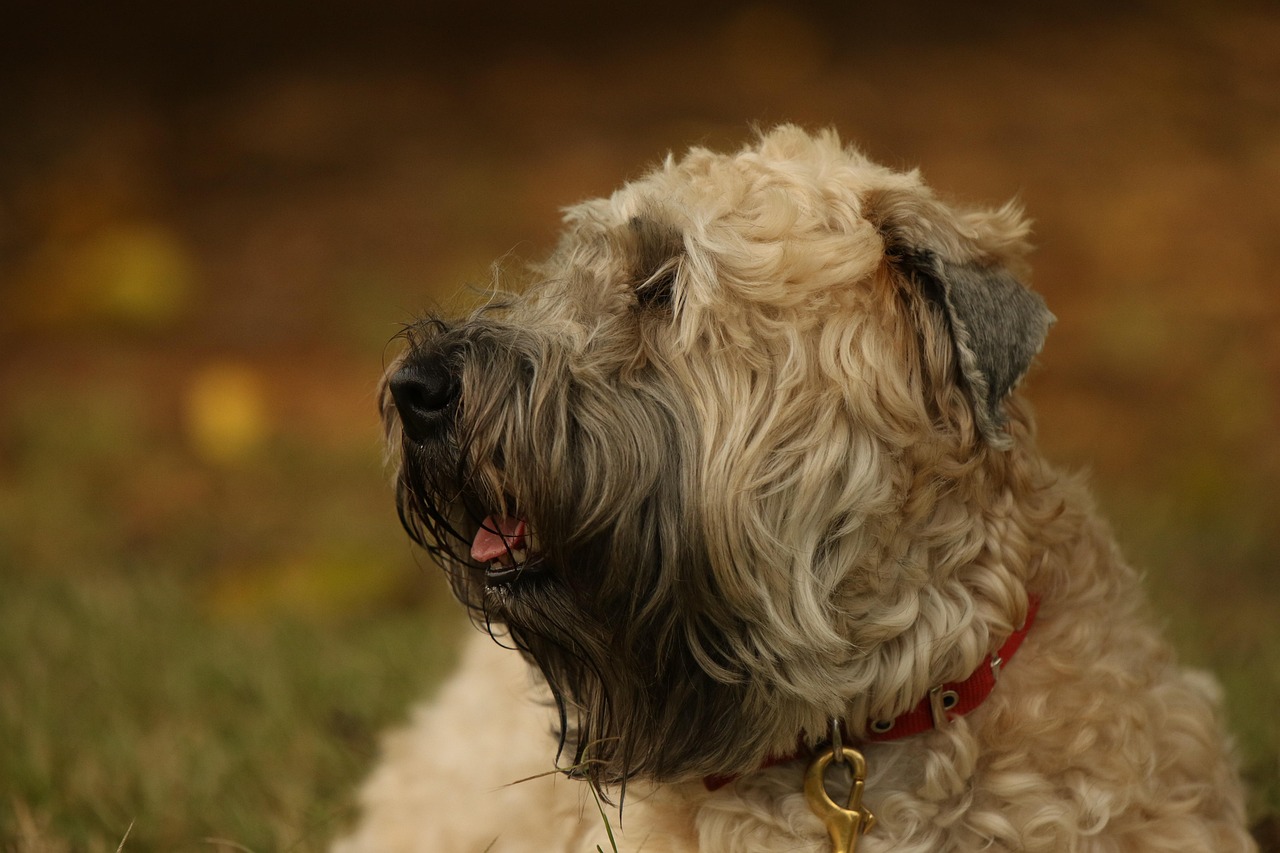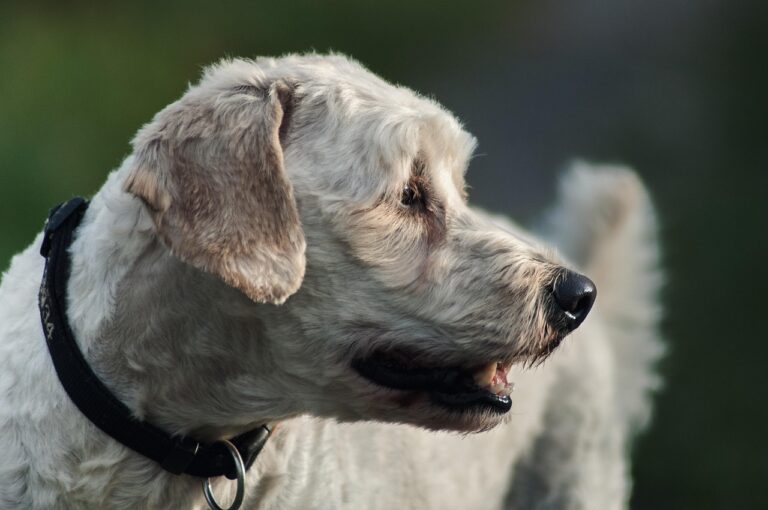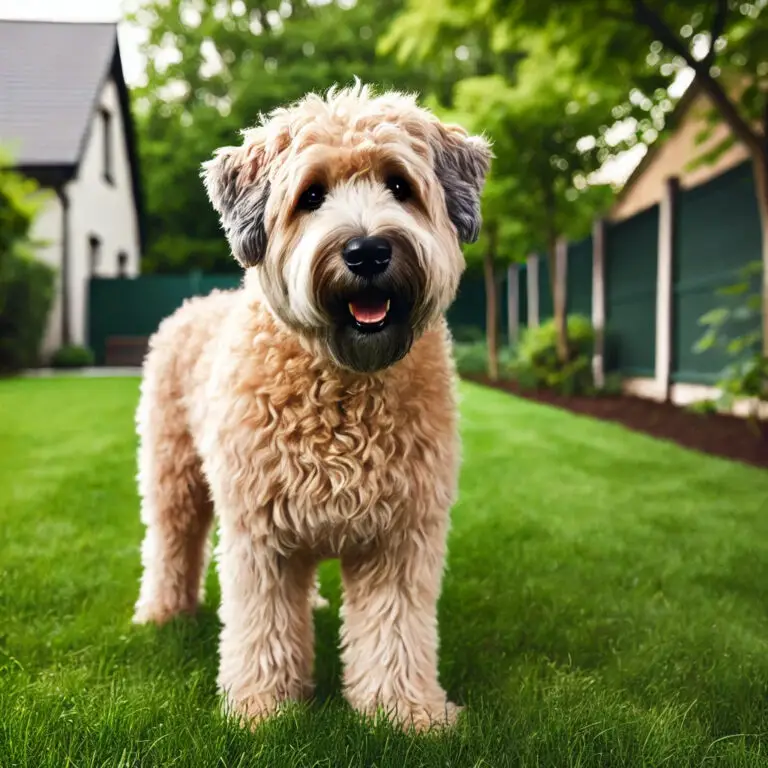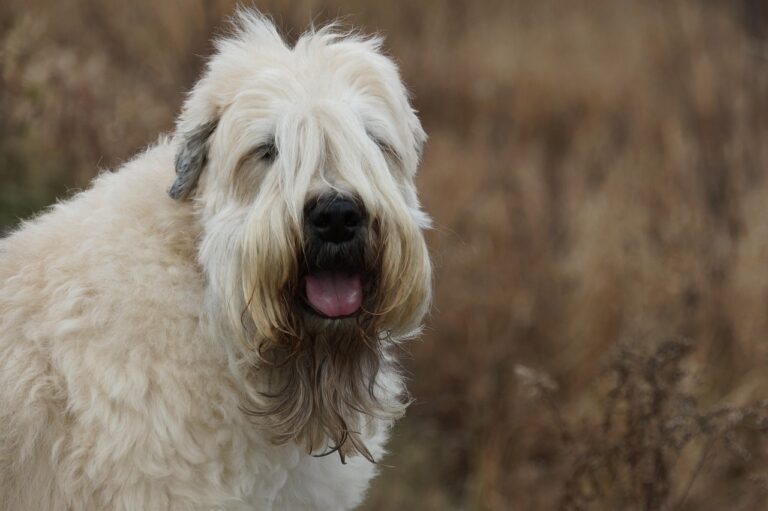Do Wheaten Terriers Attack Children? Understanding Their Behavior Around Kids

Wheaten Terriers are known for their friendly, affectionate, and playful nature, making them a popular choice for families. However, some owners wonder: Do Wheaten Terriers attack children? While no breed is entirely free of risk, Wheaten Terriers are generally gentle and loving when properly trained and socialized.
This guide explores Wheaten Terrier temperament, potential aggression, and how to ensure a safe and positive relationship between your dog and children.
Are Wheaten Terriers Good With Kids?
1. Understanding the Wheaten Terrier’s Personality
Wheaten Terriers are intelligent, energetic, and highly social dogs. They love being part of the family and typically enjoy playing with children. Their cheerful disposition and non-aggressive nature make them well-suited for homes with kids.
2. Playfulness and High Energy Levels
Wheatens have a lot of energy, which means they may sometimes play too roughly if not properly trained. Their excitement can lead to jumping, knocking over small children, or unintentionally nipping during play.
3. Protective Instincts
While Wheatens are not aggressive guard dogs, they are naturally loyal and alert. If they sense a perceived threat to their family, they may act defensively. However, they are not known for being territorial or overly aggressive toward people.
Do Wheaten Terriers Attack Children?
1. Is Aggression Common in Wheaten Terriers?
Wheaten Terriers are not known for aggression, but like any breed, improper training or a lack of socialization can lead to behavioral issues. If a Wheaten feels scared, cornered, or provoked, they may react with growling or snapping.
2. Situations That May Cause a Wheaten Terrier to React Negatively
- Rough Handling: Children who pull ears, grab tails, or poke eyes may cause a dog to react defensively.
- Startling the Dog: Sudden loud noises, waking a sleeping dog, or approaching from behind can trigger a startled response.
- Resource Guarding: If a Wheaten feels their food, toys, or personal space is being taken away, they might display warning behaviors.
- Lack of Boundaries: If a child constantly invades a dog’s space without respect, the dog may become stressed or irritated.
3. Recognizing Warning Signs of Discomfort
A Wheaten Terrier will usually show warning signs before aggression. Some behaviors to watch for include:
- Lip licking or yawning (signs of stress)
- Ears pinned back
- Tail tucked
- Growling or showing teeth
- Attempting to move away from the situation
If these warning signs are ignored, the dog may escalate to snapping or biting.
How to Ensure a Safe Relationship Between Your Wheaten Terrier and Children
1. Teach Children How to Interact with Dogs
- Always approach the dog calmly and let them sniff before petting.
- Avoid hugging too tightly or pulling on fur, ears, or tail.
- Never disturb a sleeping or eating dog.
- Learn to recognize when a dog wants space.
2. Supervise Interactions
No matter how well-behaved a dog is, supervision is essential, especially with young children. Never leave small kids alone with any dog, as accidents can happen.
3. Socialize Your Wheaten Terrier Early
Expose your Wheaten to children, new environments, and different situations from a young age. This helps them feel comfortable and less anxious around kids.
4. Train Your Dog with Positive Reinforcement
- Teach commands like “sit,” “stay,” and “gentle” to encourage calm behavior.
- Reward good behavior with treats and praise to reinforce positive interactions.
- If the dog shows signs of stress, give them a quiet space to retreat.
5. Avoid Rough Play
Encourage structured play activities like fetch or gentle tug-of-war, rather than roughhousing.
What to Do If a Wheaten Terrier Shows Aggression Toward a Child?
1. Assess the Situation
Determine the trigger for the aggression. Was the child grabbing or bothering the dog? Was the dog startled or stressed? Identifying the cause helps prevent future incidents.
2. Correct the Behavior
If your Wheaten displays aggressive behavior:
- Calmly redirect their attention with a toy or command.
- Avoid yelling or punishment, as this may increase fear or stress.
- Encourage positive interactions with treats and training.
3. Seek Professional Help if Needed
If aggression persists, consult a dog trainer or behaviorist. In some cases, medical issues (such as pain or discomfort) may cause aggression, so a vet check-up may be necessary.
Final Thoughts: Are Wheaten Terriers Safe Around Kids?
Wheaten Terriers are generally great family dogs, known for their friendly and loving nature. However, like any breed, proper training, socialization, and supervision are key to ensuring safe interactions with children. By teaching kids how to respect dogs and setting boundaries, you can create a happy and harmonious relationship between your Wheaten Terrier and your family.
Frequently Asked Questions (FAQs)
1. Are Wheaten Terriers aggressive toward children?
No, Wheaten Terriers are not naturally aggressive, but improper training or lack of socialization can lead to behavioral issues.
2. At what age should I introduce my Wheaten Terrier to children?
Early socialization is best—start exposing them to kids as puppies in a controlled and positive way.
3. How do I stop my Wheaten Terrier from jumping on kids?
Teach the “off” command and reward them when they greet people calmly.
4. Do Wheaten Terriers bite when playing?
They may mouth or nip during play, but training them to be gentle can prevent rough behavior.
5. Can Wheaten Terriers be left alone with kids?
No dog should be left alone with young children. Always supervise interactions to prevent accidents.
6. What should I do if my Wheaten Terrier growls at a child?
Respect their space, remove the child from the situation, and work on positive reinforcement training to address the behavior.



